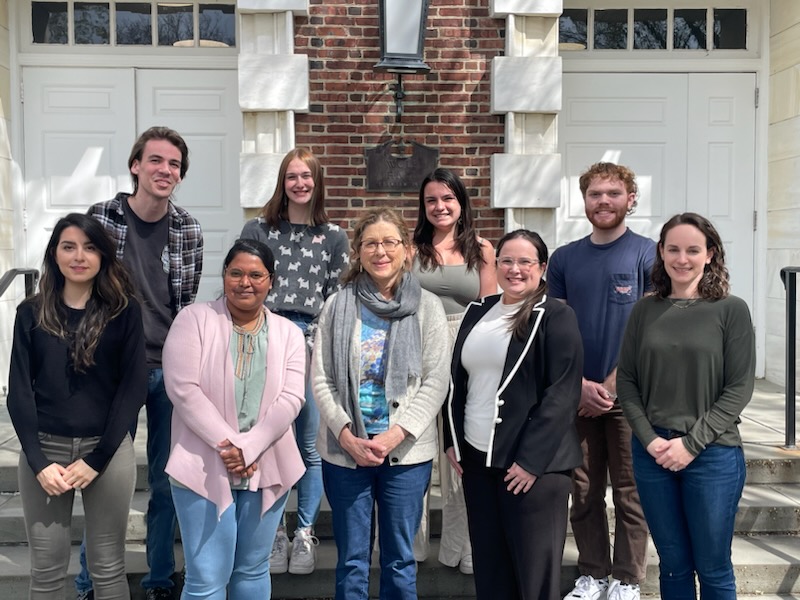
The Fowler Lab
Laboratory of Cellular Architecture
Fowler Research Lab
The Fowler laboratory studies cellular architecture: how cells spatially organize themselves and their interior compartments to achieve intricate geometries, mechanical strength, and physiological functions. We have studied how cell architecture contributes to normal cell functions or dysfunction in disease for red blood cell shape and deformability, skeletal and cardiac muscle contraction, endothelial cell migration, megakaryocyte formation of platelets, epithelial cell shapes and eye lens transparency and mechanics. The basis of cellular architecture is the cytoskeleton, a collection of specialized and dynamic “building blocks” that act as a cell’s scaffolding. Our investigations into the cytoskeleton focus on structural elements known as actin and myosin filaments, with an emphasis on how these nanoscale components generate microscale cellular architecture and macroscale tissue and organ function. We are interested in how the cytoskeleton provides mechanical stability and produces contractile forces that shape membrane curvature and confer mechanical resilience during cell differentiation, morphogenesis and aging. Our approaches include biochemistry, biophysics, super-resolution fluorescence microscopy, mouse genetics and physiology, and analysis of human cells from patients with congenital diseases.
